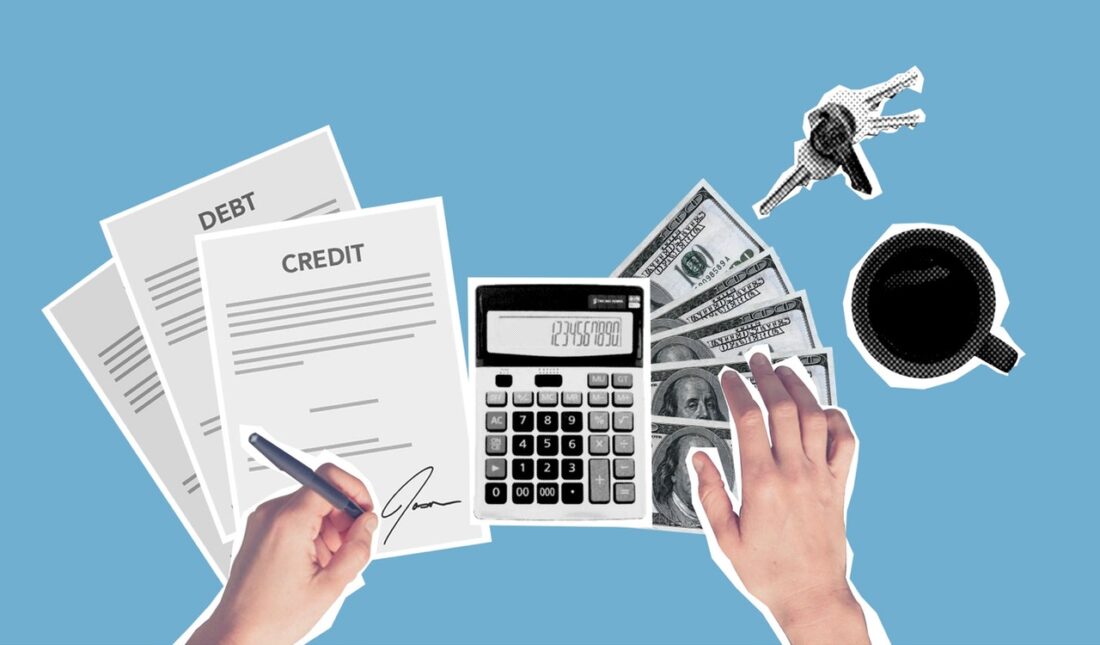 A credit score is a three-digit number derived from your credit reporting. Credit bureaus compile these.
A credit score is a three-digit number derived from your credit reporting. Credit bureaus compile these.
Essentially, your credit score speaks to how well or how bad you are repaying debt. If you have previously settled your obligations on time, it’s assumed that you will keep doing so in the future. And vice versa.
Bad credit has far-reaching consequences. Here is a brief look at the main ones.
Table of Contents
Getting Loans Becomes Difficult
Unless you apply for no credit check loans, getting loan approvals is an uphill task with bad credit.
The reasons for this are simple. Lenders and financing institutions are businesses looking for a profit at the end of the day.
Lending to people with bad credit means they are risking giving out money to borrowers that might never repay. This isn’t good for business.
For this reason, lenders opt to finance people with good credit instead.
You Get Higher Interest Credit
While you might still manage to get a loan approved with bad credit, it will not be for nothing.
Because lenders assume you to be a risky borrower, they will make you cover the risk through higher interests.
At the end of the loan term, you will have paid more interest than a different borrower borrowing the same amount but with good credit.
Tenancy Complications
Many landlords today check prospective tenants’’ credit before choosing whether or not to approve their tenancy. This goes for both residential houses and business premises.
Again, these are often business decisions. A real estate investor is looking for a return on their investment, mainly through timely payments. Bad credit indicates that a tenant might not keep to their end of the bargain in matters of payment.
Landlords willing to grant tenancy with bad credit will often cover themselves by asking for a higher security deposit.
Restrictions to Certain Jobs
Jobs, especially in upper management and financial institutions, tend to lock out people with bad credit.
You can be barred from certain jobs for reasons such as bankruptcy, high debt levels, and outstanding bills.
However, in such situations, employers tend to look at credit reports in their entirety, not necessarily one’s score. Items such as those listed above may suggest bad credit, which is assumed to be detrimental to one’s professional performance.
Higher Premiums
Many insurance companies will use your credit score, among other factors, to determine risk.
Typically, the better your score is, the lower the premiums you will pay. The poorer one’s score is, the higher the premiums will be.
Final Word
These are just a few ways in which bad credit affects you. Financing, acquiring assets, and even renting a property becomes harder and costlier.
If anything, these should be enough reasons to work on building a stellar credit score.







